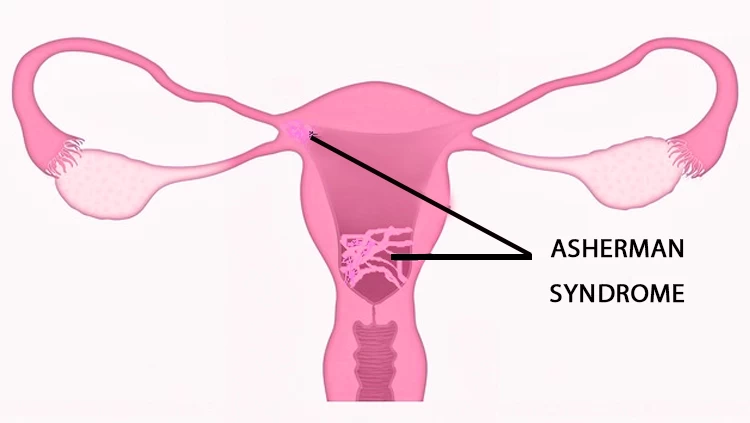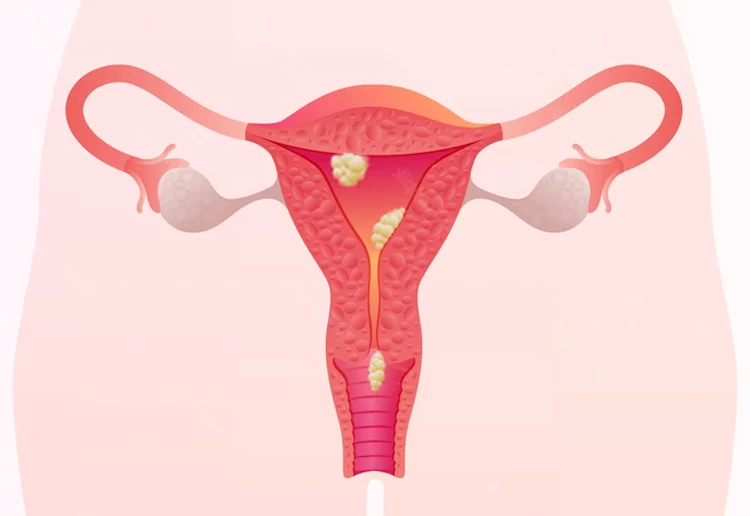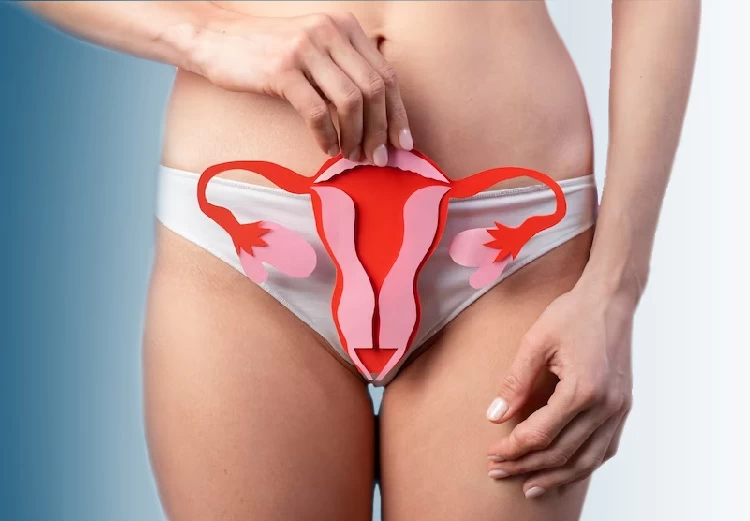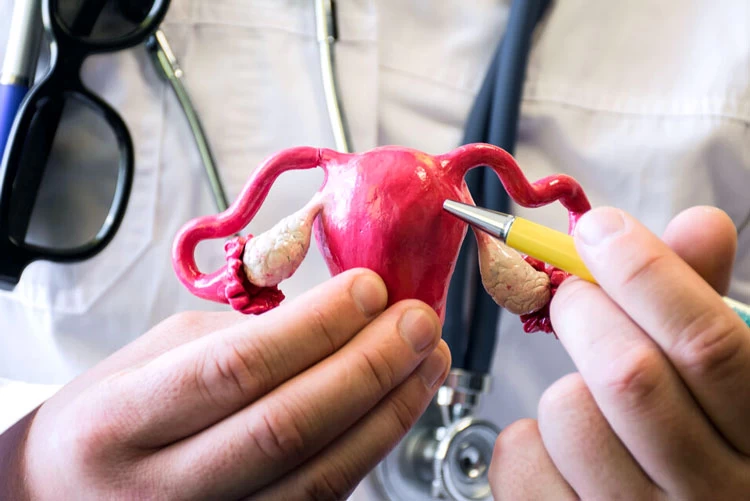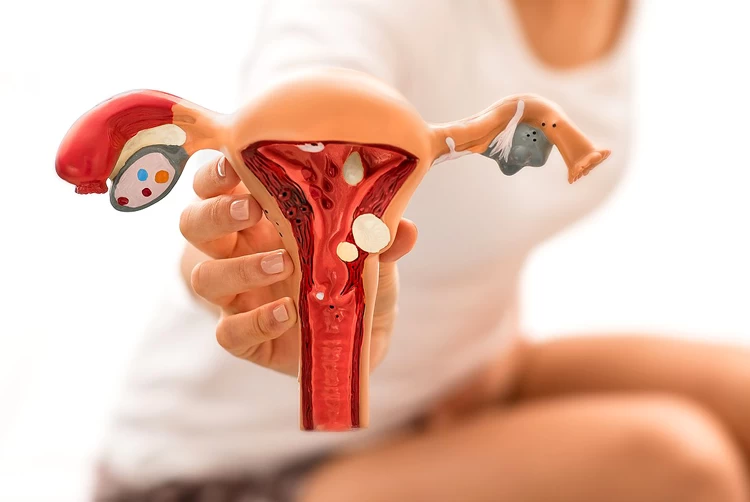Dysmenorrhea is a common condition that affects many women and can be caused by various factors such as hormonal imbalances, uterine fibroids, or conditions like endometriosis. It typically lasts about 48 to 72 hours, until hormone levels in the body drop to zero around day 3 or 4 of the period. Treatment for dysmenorrhea may include pain relievers, certain home remedies, and other interventions to help manage the pain.
Dilation and curettage (D&C) is a common gynecological procedure used to extract tissue from the interior of the uterus. This common procedure is commonly performed to address conditions such as heavy bleeding, incomplete miscarriage, and or to remove polyps or fibroids from the uterus. While D&C is generally considered safe and effective with a quick recovery time, there are potential risks and complications, including infection, bleeding, and, in rare cases, cervical damage.
Intrauterine adhesions, also known as Asherman Syndrome, are bands of scar tissue that form inside the uterus. This condition can occur as a result of surgeries such as cesarean sections, dilation and curettage (D&C) procedures, or infections. Intrauterine adhesions can lead to a variety of fertility issues in women.
A uterine polyp is a tissue developed on the endometrium lining. Large polyps lead to infertility as the embryo cannot attach to the embryo and grow naturally. Factors like hormonal disorders, advanced age, genetics, elevated blood pressure, etc., cause uterine polyps. This health issue can be treated by taking hormonal medications or hysterectomy.
Hysterectomy has four types: total, partial, radical, and total, with bilateral salpingo-oophorectomy. Based on the type and severity of her health issue, the surgeon decides to perform this operation either vaginally, laparoscopically, or abdominally. Most patients experience pain, fatigue, bleeding and spotting, digestive problems, menopause symptoms, and mild depression after hysterectomy.
Having a healthy uterus is an important factor in the development of a fetus as it nourishes the baby and keeps it from harmful waste. To make your womb healthy before pregnancy, it is necessary to exercise regularly, control your weight, get checkups frequently, and have your medications adjusted.
Irregular menstruation and hormonal problems that lead to hair loss or sudden weight gain are the main symptoms of female infertility. Factors like age, premature menopause, low-quality eggs, problems in the reproductive system, endometriosis, infection, etc., are the leading causes of female infertility.
The fallopian tubes may be blocked due to endometriosis, STI, ruptured appendixes, pelvic inflammatory diseases, etc. Sometimes, a blocked fallopian tube has no sign, but in most cases, it is accompanied by pain, abnormal discharges, infertility, pelvic pain, and prolonged spotting or bleeding.
To treat endometriosis and eliminate its symptoms like abdominal pain, digestive problems, and infertility, you should change your lifestyle, take hormonal and pain medications, and get surgical treatments, including laparoscopy, laparotomy, and hysterectomy.
The severity of endometriosis symptoms depends on its stage. The main signs of endometriosis include painful and irregular menstruation, pain when urinating, intestinal disorders, pain during or after sexual intercourse, spotting between periods, painful bowel movements, etc.


